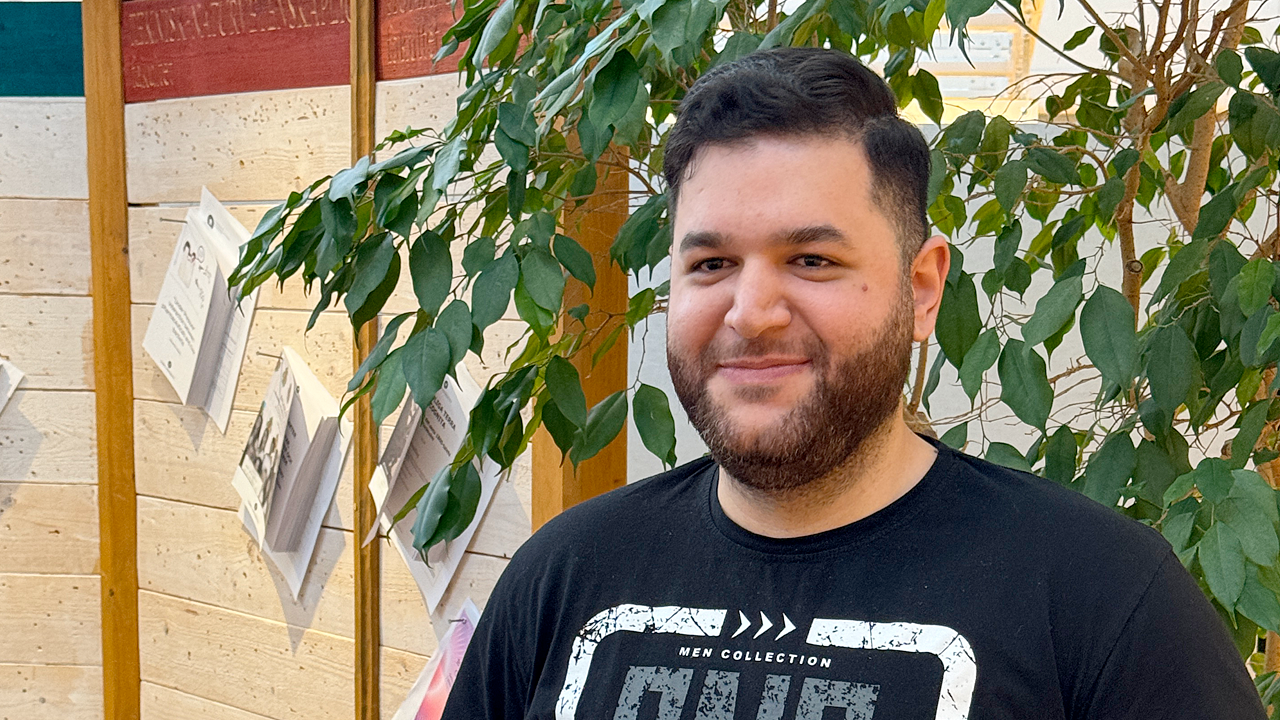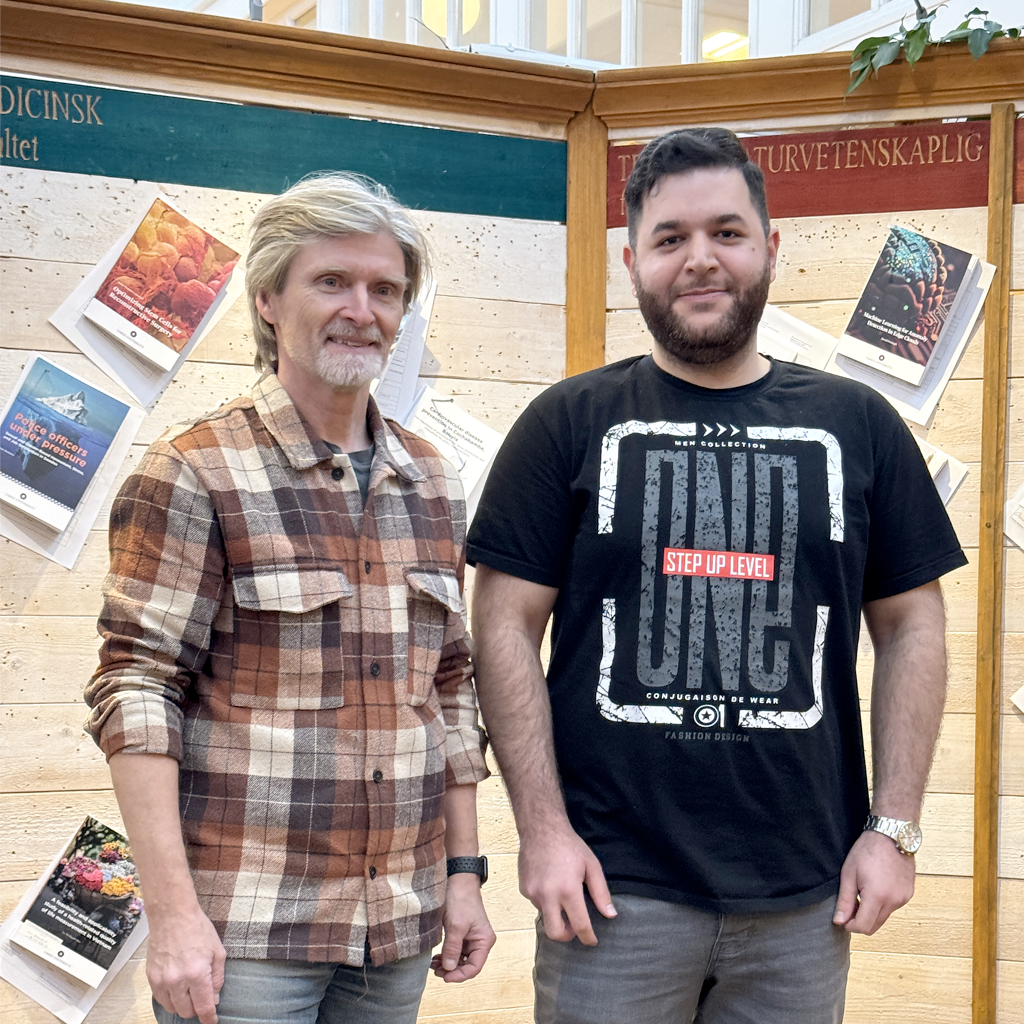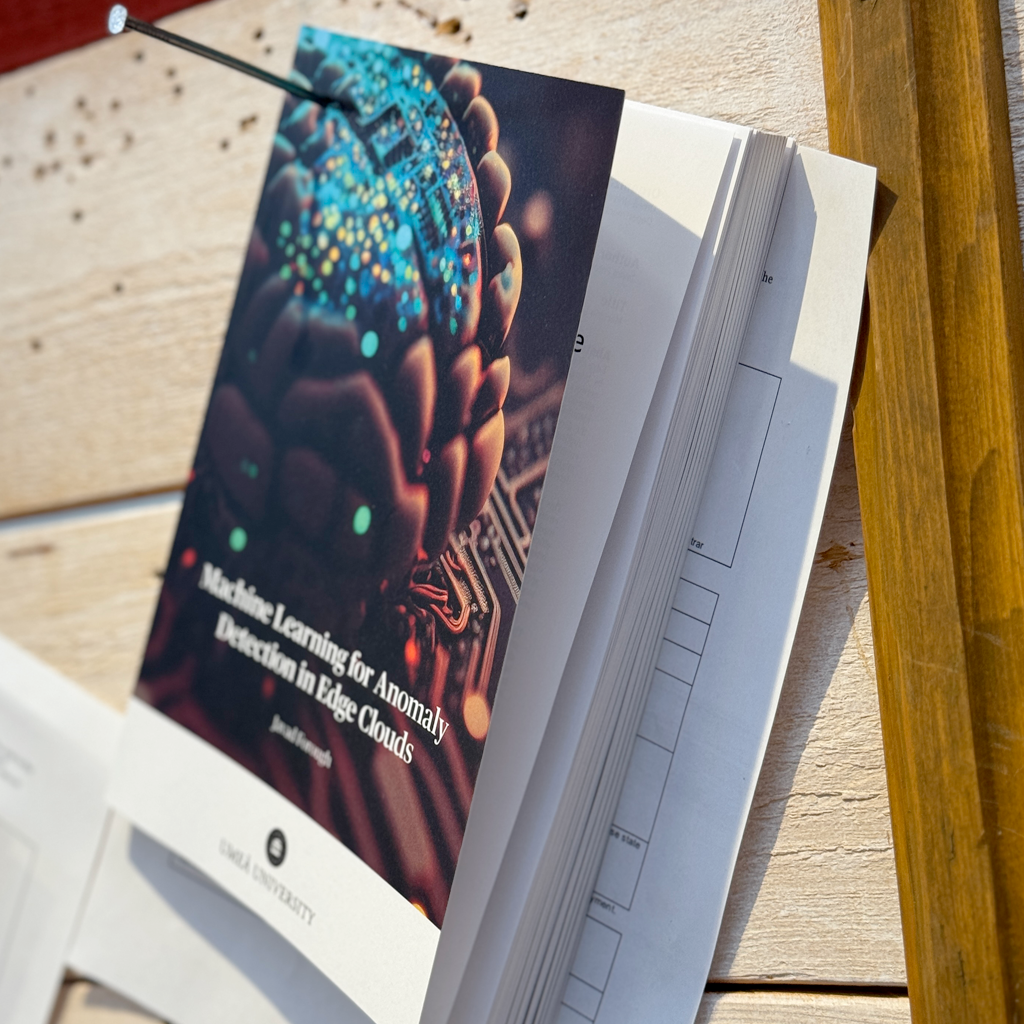Javad Forough's defense of his doctoral thesis "Machine Learning for Anomaly Detection in Edge Clouds" is on Friday, February 23rd, at 9:15 in room SAM.A.280, Social Sciences Building, Umeå University.
Faculty Opponent:
Professor Shahid Raza,
Division of Networked and Embedded Systems, Mälardalen University.
Grading Committee members:
Associate Professor Cicek Cavdar,
Electrical Engineering and Computer Science, KTH
Associate Professor Saguna Saguna,
Department of Computer Science, Luleå University of Technology
Professor Vicenc Torra,
Department of Computing Science, Umeå University




